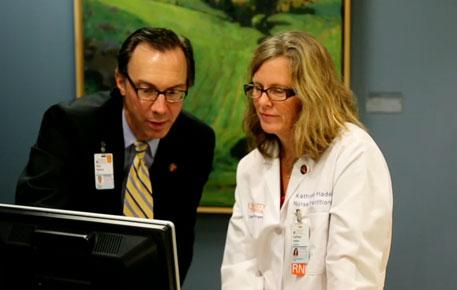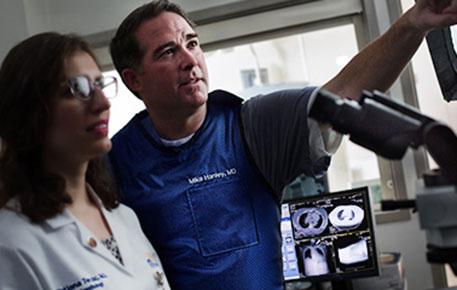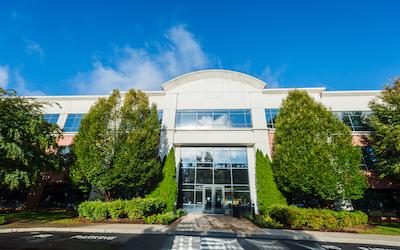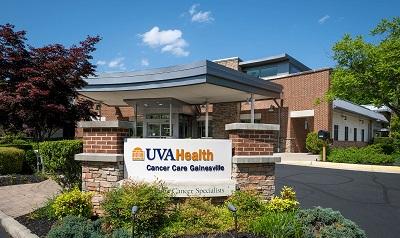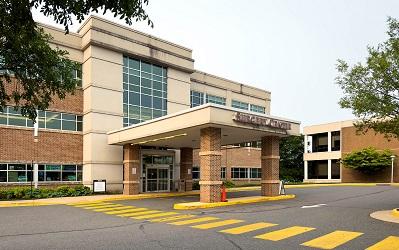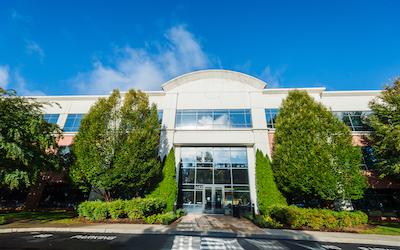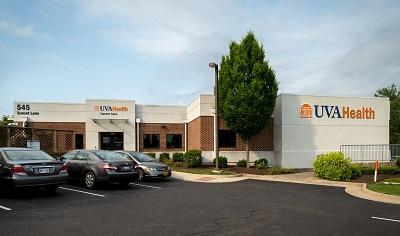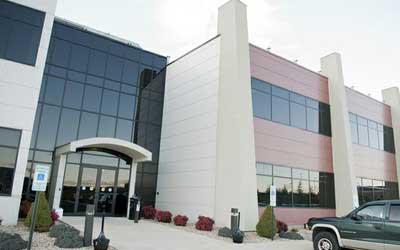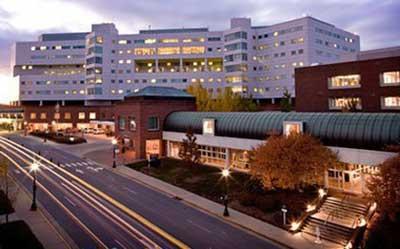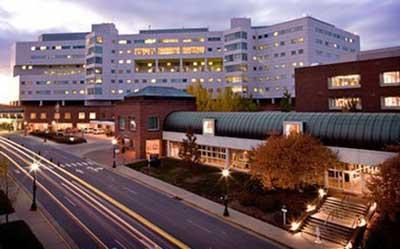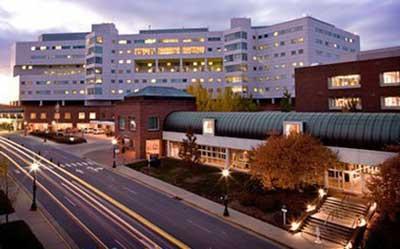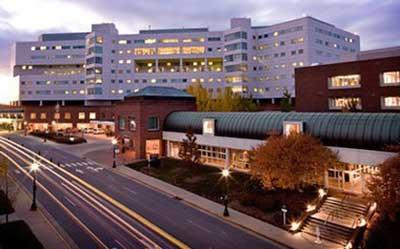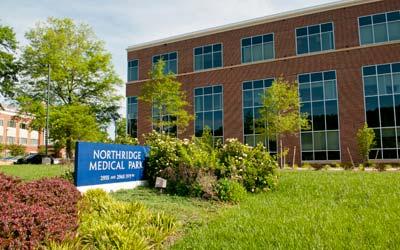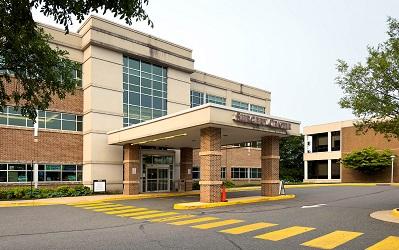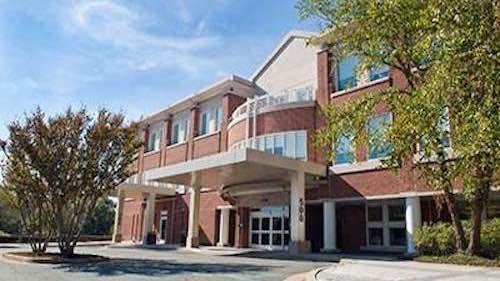Cancer Treatments

Make an Appointment
Cancer treatments can feel intimidating. You might struggle with figuring out which treatments to have and where to get them.
Talking to Your Doctor About Cancer Treatments
Tell your doctors what’s important to you. State your concerns and worries. Don't be afraid to ask questions and express your values.
Learn as much as you can about your:
- Prognosis
- Treatment options
- Possible side effects
- Options for managing those side effects
Ask detailed questions about the risks and benefits of each therapy. Unsure? You can also get a second opinion.
Genetics: A Starting Point
Whether you have a diagnosis or not, you might want to see a genetics specialist. Finding out your cancer risks can help guide both prevention and treatment. Learn more about the benefits of cancer genetic counseling.
When Cancer Spreads to the Brain
Cancers like melanoma, breast and lung cancer can spread to the brain. We call this brain metastases. This makes cancer more challenging to treat. But we have the expertise you need. Learn more about treatments for brain metastases.
- CAR T-Cell InnovationSee if You're a Candidate
CAR T-cell therapy treats certain lymphomas and leukemias. We're the only center in Virginia that offers this treatment as well as clinical trials for other conditions.
- Pancreatic Cancer ExpertsSee Your Options for Pancreatic Cancer
We lead the way in finding pancreatic cysts before they become cancer. And our pancreatic surgeons have achieved some of the best results in the country.
- Lung Cancer TechGet Screened for Lung Cancer
If you're at risk for lung cancer, we can find nodules and treat them before they get dangerous. We also have high-tech radiotracer treatment.
Types of Cancer Therapy
Chemotherapy, radiation, and surgery are the most common types of cancer therapy. At UVA, you'll find advanced treatments, too.
Chemotherapy
Chemotherapy treats many types of cancer. Chemotherapy chemicals kill cancer cells and stop their growth. Learn about the power and side effects of chemotherapy.
Infusion
Often, cancer patients need to take medicine through an IV. This process can take time. You might need to go on a regular basis. We've designed our rooms to offer warmth and comfort during infusion therapy.
Radiation
Radiation kills cancer cells and stops them from spreading. We can target high doses of radiation to a tumor and spare your healthy tissue. Read more about radiation treatment for cancer.
- Radiation has advanced in power over the years. Get faster, safer, and more effective radiation treatment with MR-linac.
Surgery
Surgery aims to remove tumors and cancer cells from the body.
Less-invasive techniques for some surgeries lessen scarring, pain, and recovery times.These methods use video cameras and robotics for some of our procedures.
These high-tech options result in highly accurate operations that cause less pain.
Ask your surgeon about their experience performing the surgery. Find out if a less-invasive option exists. At UVA, we specialize in surgical procedures for cancers of the:
Special Therapies
Cancer treatments vary in the way they kill cancer cells. Photodynamic therapy uses light waves. Cryotherapy uses ice. Immunotherapy uses your body’s own immune system to target and kill cancer cells.
- Biologics
- Cryotherapy
- Hormone therapy
- Immunotherapy (CAR T-cell therapy for leukemia and lymphoma)
- Targeted therapies
- Vaccine therapy
Stem Cell Transplant
We can treat blood cancers, blood disorders, and other disease by replacing stem cells. New stem cells create healthy cells in your body. This interrupts the cancer's progress.
Learn about stem cell transplant.
Dealing With Stress & Pain
Cancer and its treatments can both cause pain and other physical discomfort. Palliative care providers work with you to ease symptoms and find relief.
Nurses, navigators, therapists, nutritionists, and other specialists offer support. They're here to help you cope with the physical, emotional, social, and spiritual effects of cancer and treatment.
Massage therapy, yoga, mindfulness - a number of things can help you deal with the stress of going through cancer treatment. Find support.
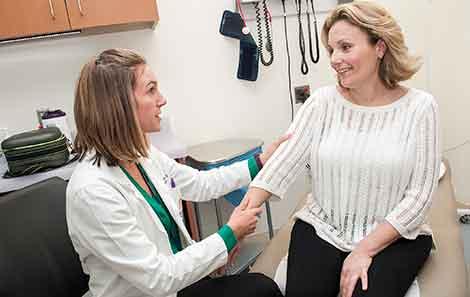
Why Join a Clinical Trial?
When you join a clinical trial, you're helping researchers find the next best cancer treatment. And you maximize your chances for finding the right treatment for you.

